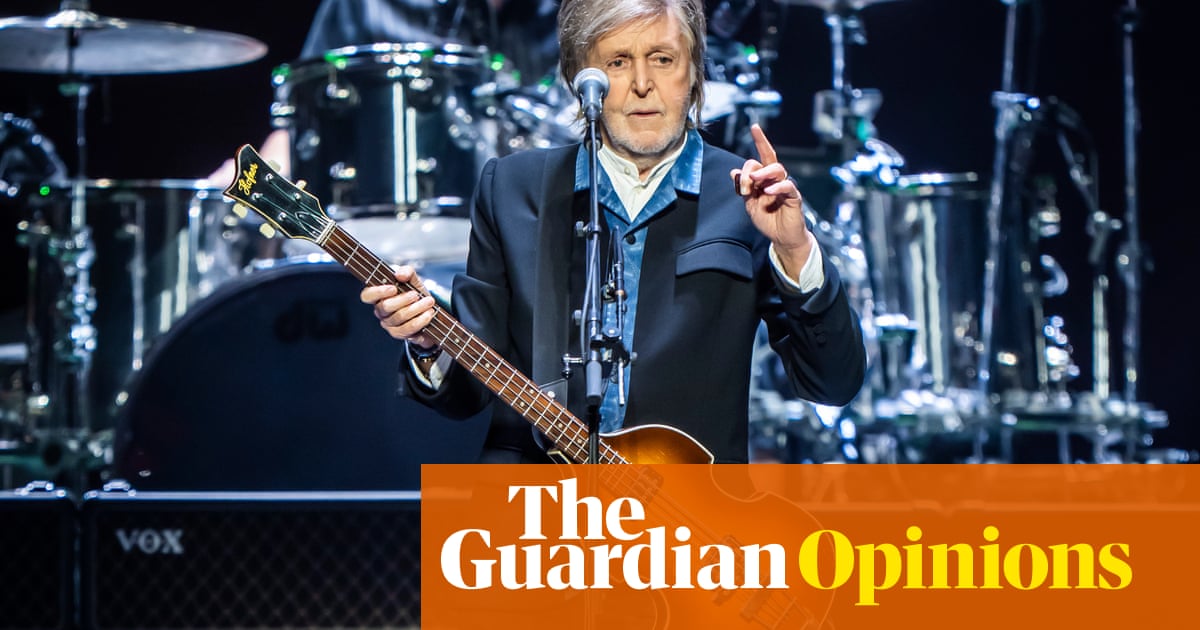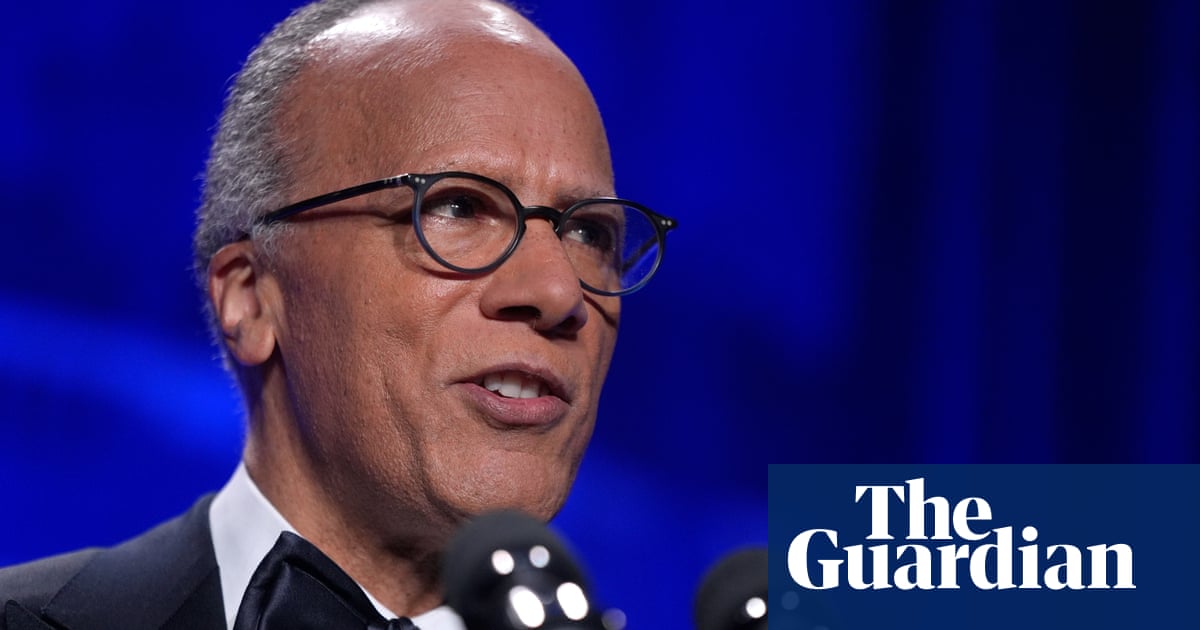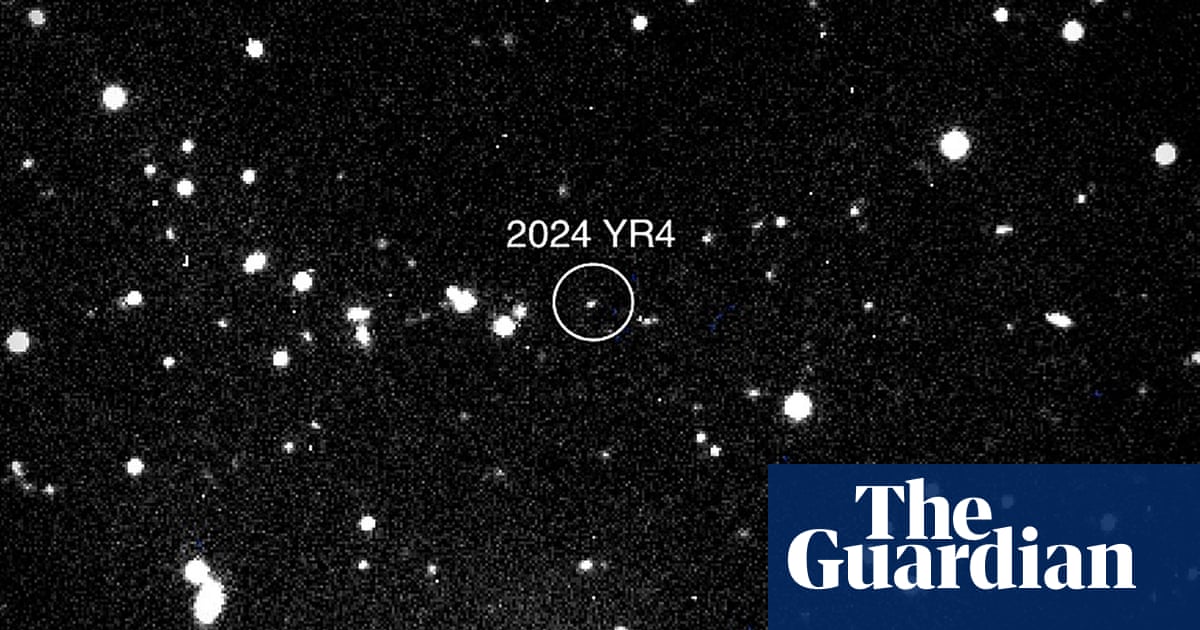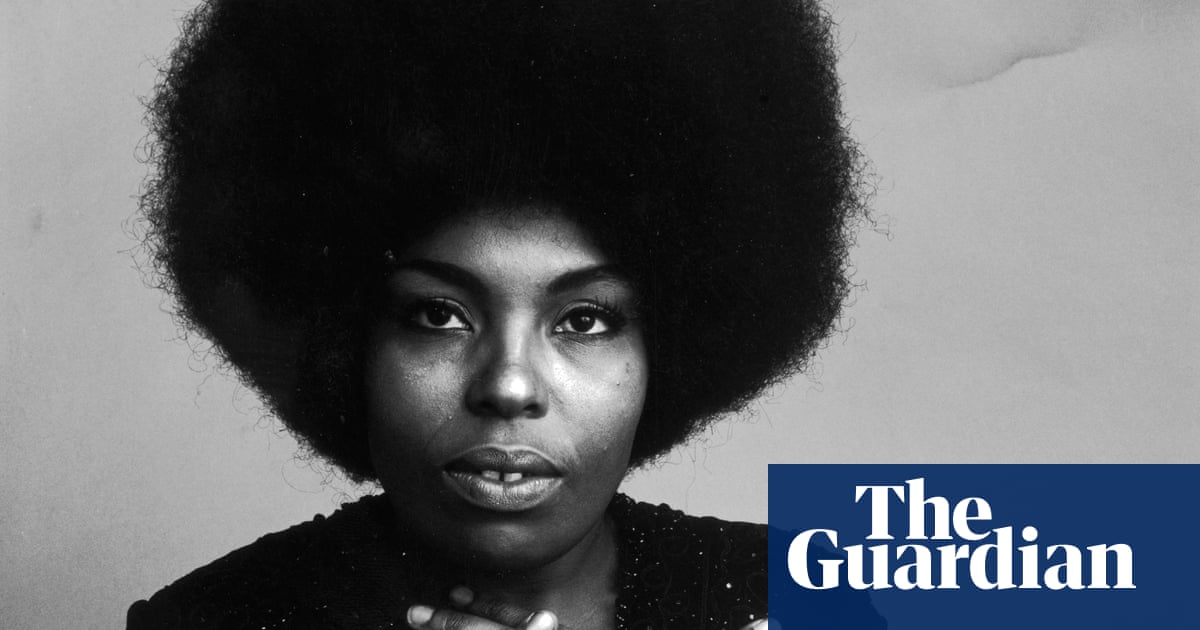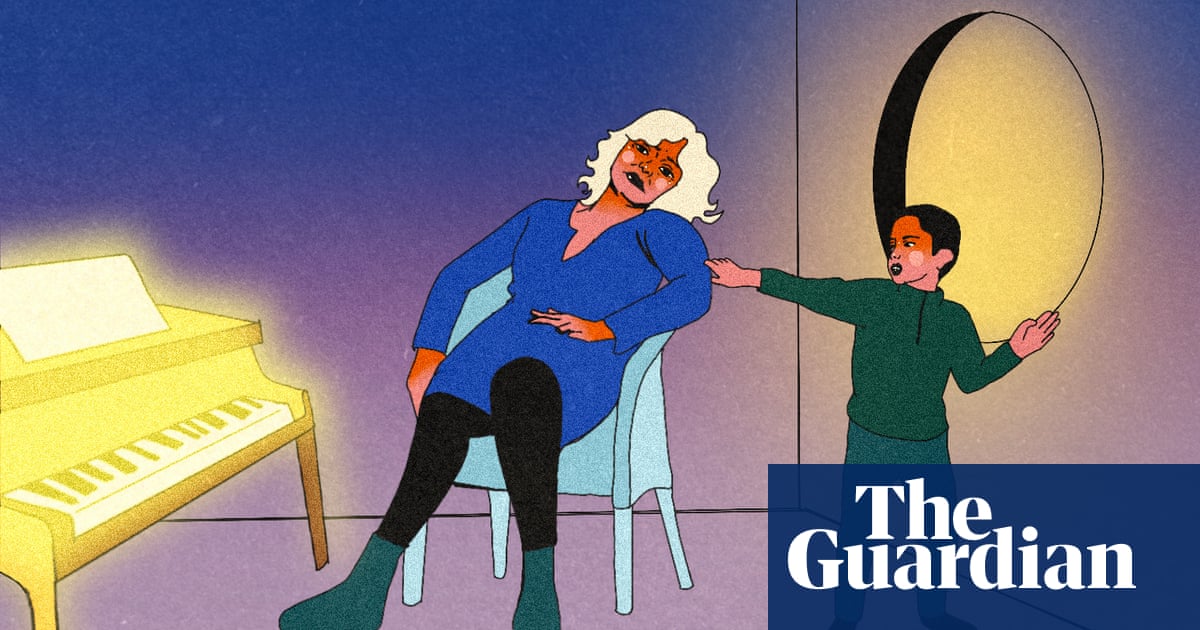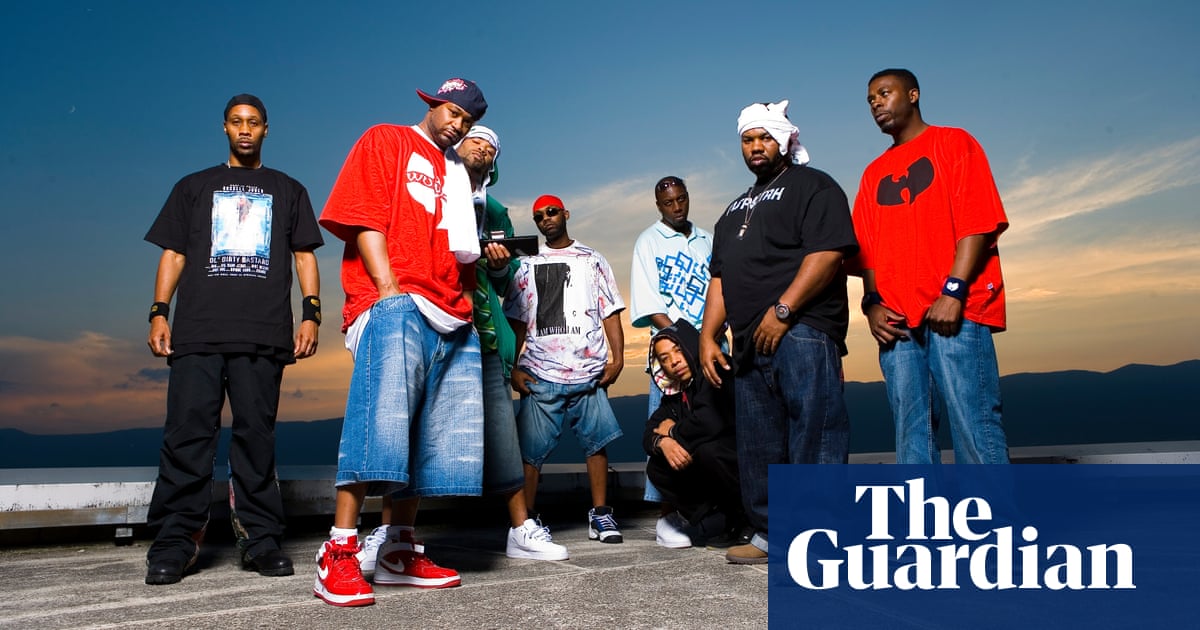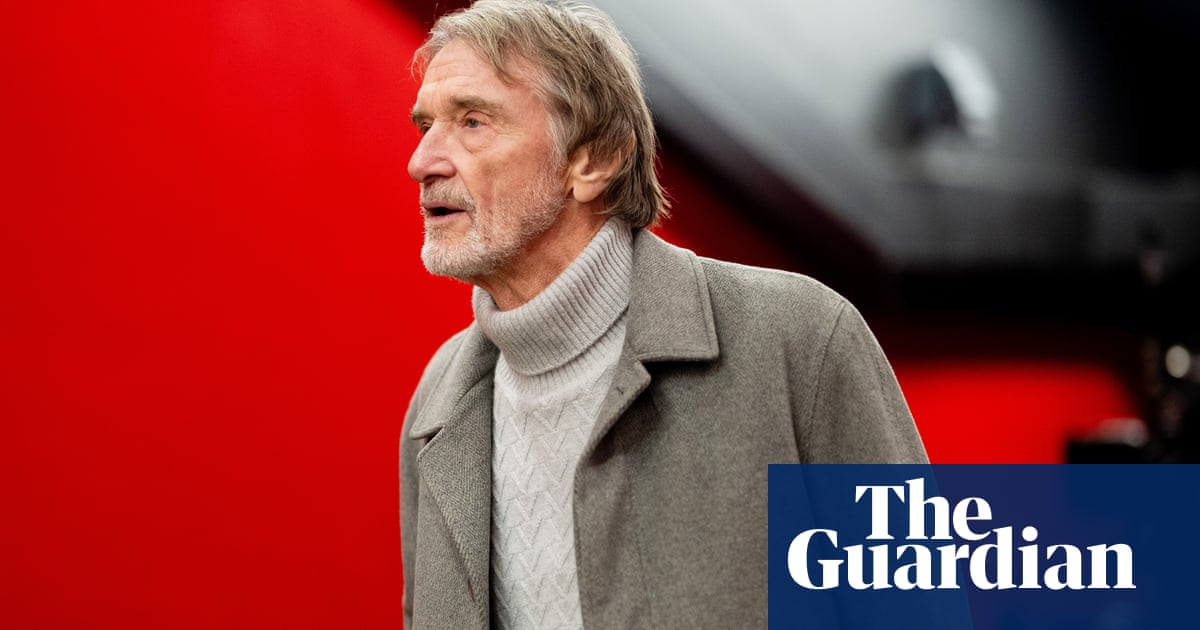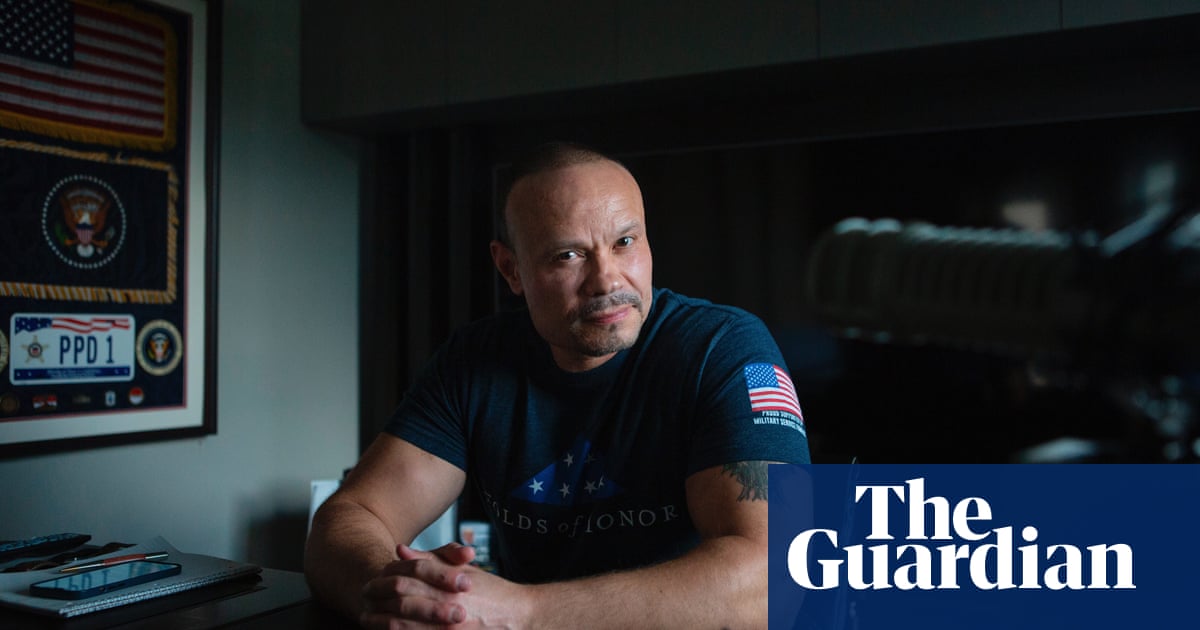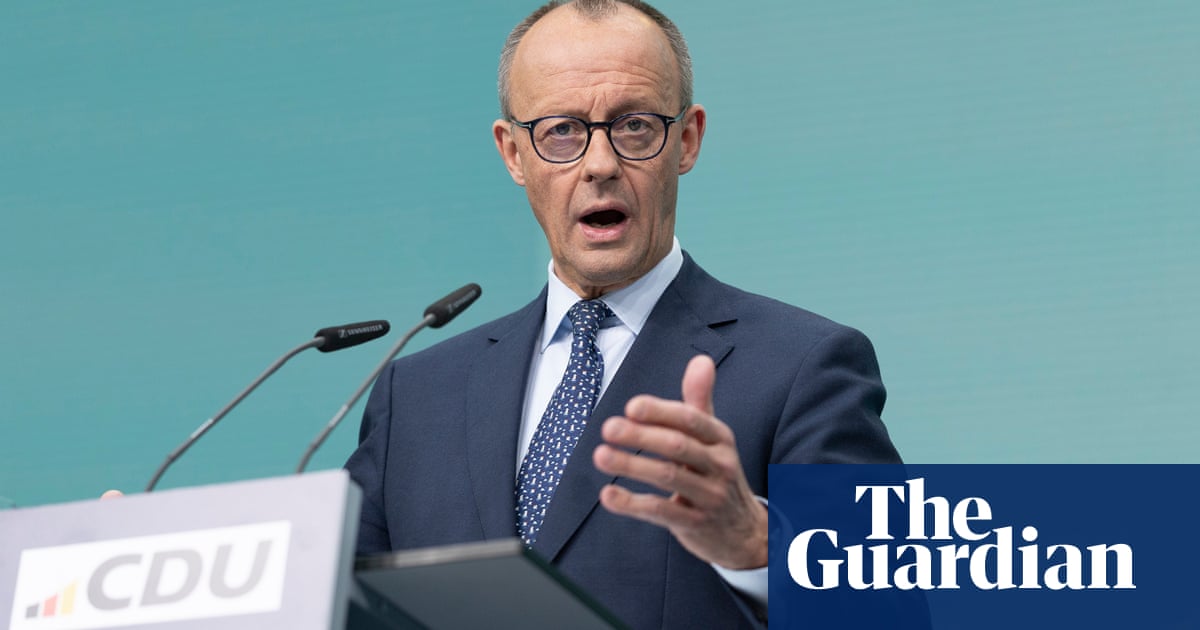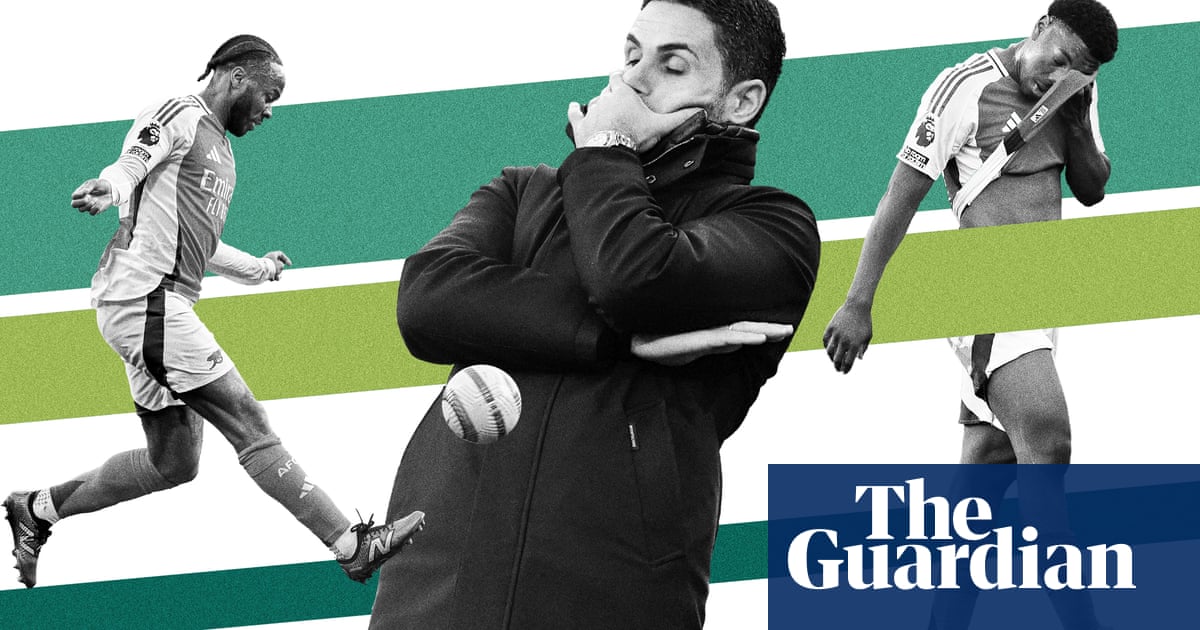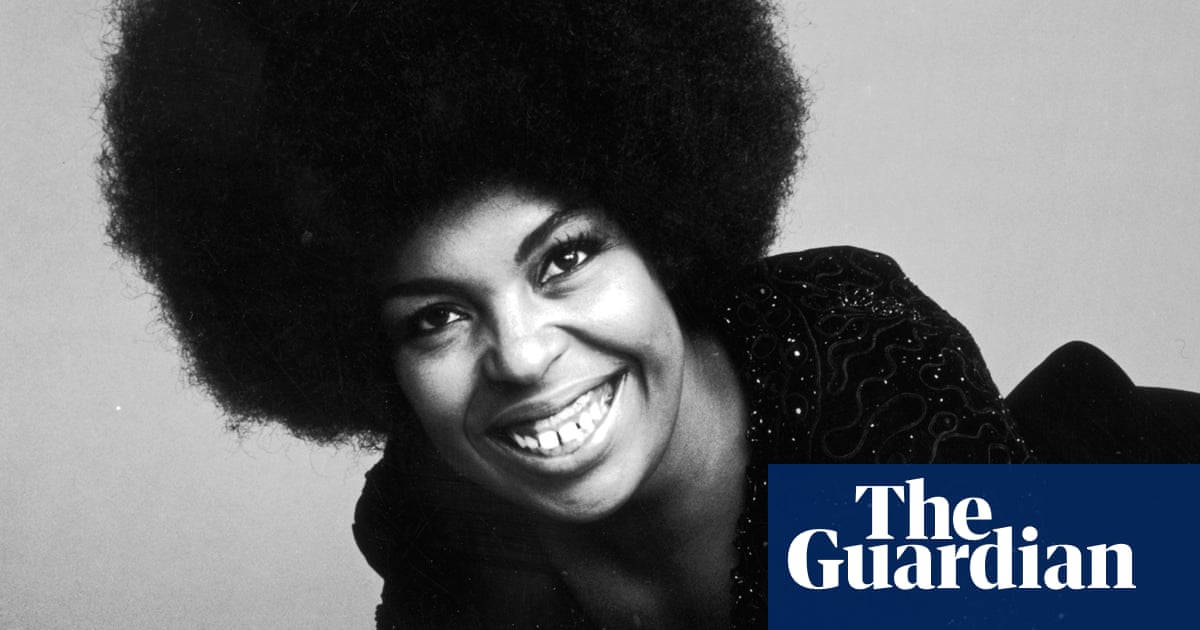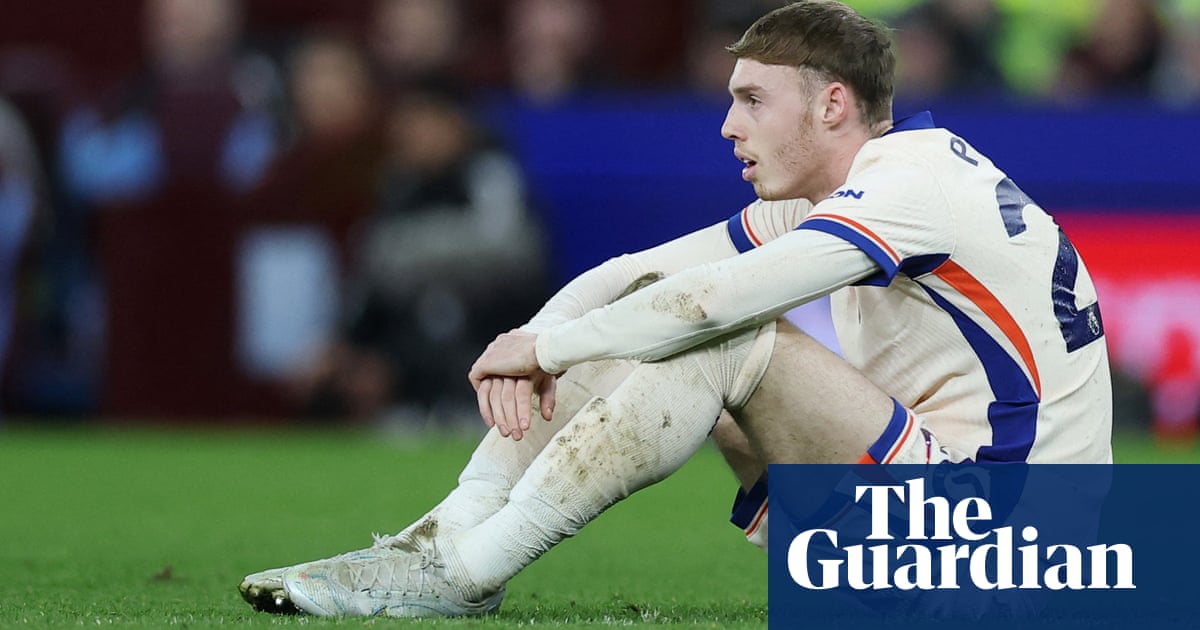Remember, your dad helped build this airport so you could fly.
I hear my father’s words every time I catch a flight from São Paulo’s main airport. And while I always remembered those words, it has taken me some time to truly understand them.
Before he retired, he was a truck driver. When I was a child, he would visit home and then, before long, he would leave again. He always came with his truck. They were a duo, almost a single entity, both too much and not enough, imposing and ephemeral. As a boy, I always wanted them to stay, wanted them to go, wanted to go with them.
He said these exact words when we were on our way to that airport in 2009, the day I left to do my PhD in sociology in the United States.
During the months I spent preparing for the move, I showed him the state of Michigan several times on the map. We calculated the distance between our home city, Jaú, and Ann Arbor in Michigan, where I would live for the next six years. My father doesn’t understand the world of universities, is unfamiliar with its nomenclature and rituals. He has only a vague notion of what it means to do a PhD. But he does understand distances.
Eight thousand kilometres separate the two cities. This number failed to impress him. He had covered hundreds of times that distance over five decades as a truck driver.
One day he asked me to calculate how many times you could travel around the world with the distance he had covered as a driver.
Could it get you to the moon?
In my father’s imagination, a journey from Earth to the moon is a more solid concept than my life as an academic, teacher and writer.
Words are roads. They’re what we use to connect the dots between the present and a past we no longer have access to.
Words were the world my father brought with him in his truck during my childhood. They resounded by themselves – cabin, Trans-Amazonian, trailer, highway, Pororoca, Belém, homesickness – or formed part of narratives about a world that seemed impossibly large. I had to imagine them in all their colours, record them in my memory and cling on to them, because soon my father would leave and he wouldn’t be back for 40 or 50 days.
Most of these stories were reconstructions of events he had witnessed or heard about on the road. Others were fantastical creations: the epic hunt for a giant bird in Amazonia, the fable of a sheep he found on the highway and took on as his cabin companion, journeys over the Bolivian border with groups of hippies in the 1970s.

Many, I imagine, mixed fact and fantasy. He described in detail seeing UFOs on a highway in Mato Grosso, nights spent in isolated indigenous villages, brawls with armed soldiers, Homeric rescues of trucks that had fallen into Ravines.
His name is José Bortoluci. At home, everyone calls him Didi, but on the road he was always Jaú, after the city where he lived. The fifth child in a family of nine siblings, he was born in December 1943 in the interior of São Paulo state.
My father studied until he was nine, worked on the family’s small farm from the age of seven, moved with them to the city at 15. He was only 22 when he became a truck driver. He started driving trucks in 1965 and retired in 2015. The country that he traversed and helped to build was very different then from how it is now, but in recent years there has been a sense of familiarity: a country seized by frontier logic, the principle of expansion at any cost, the “colonisation” of new territories, environmental vandalism, the slow and clumsy construction of an ever more unequal consumer society. Roads and trucks occupy a key position in this fantasy of a developed nation in which forests and rivers give way to highways, prospecting, pasture and factories.
The truck would bring my father his dirty clothes and not enough money. My mother would agonise and work overtime altering clothes while looking after her two sons.
I am the oldest son. I understood from very early on that our family life was overshadowed by the risk of extreme poverty, uncontrolled inflation and premature illness.
We got used to living in a state of uncertainty, at the mercy of bank accounts that were on the brink of collapse, and with strict limits on what we could eat, experience, wish for. We never went hungry, though at times this was only thanks to help from neighbours, friends and relatives when my family’s income ran out and my father’s debts were at their peak. I do, however, remember growing accustomed to that “half-starvation you feel at the smell of dinner coming from the doors of the more well-to-do”, as the Danish poet Tove Ditlevsen described it in her memoirs. A persistent semi-starvation which we learned to downplay, misleadingly labelling it as “cravings”.
In my case, the sensation was further incited by the adverts for sweet yoghurts and cereals that flooded TVs in the 1980s and 90s and which, to this day, provoke an uncomfortable temptation in me, emerging like a discordant echo of past desires.
A good proportion of the clothes my brother and I wore during the first 20 years of our lives had been bought second-hand, donated by an uncle or aunt or some family friends, or purchased at charity jumble sales. My mother, whose work as a seamstress helped with household expenses, always made a point of keeping them impeccably clean and repairing any blemishes. The newer ones were “church clothes”, the older ones for wearing on weekdays. Our house was small and stuffy, built bit by bit at the rear of my grandparents’ house. The uncovered kitchen flooded at the first sign of heavy rain. This was the room where my brother and I studied after school and where my mother worked all day. The soundtrack to our lives was composed of the noise from her sewing machine and the songs on the radio, tuned in to some local station.
Endless work, little money, and no time to undo what had been woven: there is no Ulysses, no Penelope in this story.
There were always bills to pay. A silent terror associated with the expression “overdraft”, which I must have learned in my earliest years, always hung in the ether at home. And which clung, most of all, to the word “debt”: a suffocating word which spread through the rooms like cigarette smoke. That word arrived with the truck and stayed even after my father had left. To this day, hearing someone say “debt” brings to mind the smell of cigarettes in my childhood home.
There is almost no written record of his 50 years on the road – just two postcards sent to my mother and some yellowing invoices in the drawer. But he remembers a lot, and his “madeleines” emerge when you least expect it: an image on TV makes him remember when he went for several days without food, stuck on a muddy track in southern Pará; any news of a serious accident on the road opens up a whole trove of stories about the many he witnessed and the handful he was involved in; stories of remote villages, of poachers, of distant tropical landscapes, of companions – some loyal, others not, most of them dead. Narratives that march along and spring back to life without the help of photos or notes. The only thing anchoring them is the memory of a man who is nearly 80, now somewhat garbled by time.
Isolated at home because of the collapse of the health system in the Jaú region, one of the worst affected by the Covid pandemic during those sorrowful early days of 2021, my father looked animated as he told his stories. I began recording them in January of that year, during successive visits to my parents, always on warm nights after dinner. He preferred to talk to me in the back yard, lying in an old hammock he’d bought in the 1970s in some city in Piauí, which accompanied him on his travels for years.
This conversation we’re having right now, son, you’ll have to keep it in your memory, because you know your dad won’t be around for long.
As I write these lines, my father, at 78, is beginning treatment for bowel cancer. The day before the diagnosis, I was in São Paulo and had spent the whole afternoon staring at maps of Amazonian rivers and the roads of the north of the country. I read about periods of flooding and dry spells, about the most suitable times for visiting river beaches, navigating the smaller streams and observing the surrounding jungle.
I started planning a journey across the entire Trans-Amazonian Highway (how would I manage when I can’t even drive?). I ordered three maps of the region, the huge ones that you have to fold and unfold, as well as detailed road maps which showed the smaller roads that cut through the rainforest, those asphalt anti-rivers my father helped build in the region he traversed for decades.
That same night, a pipe burst in my apartment. The water flooded the entire bathroom, part of the kitchen, the utility room and the entrance hallway before leaking out of the apartment. This attracted the attention of the building’s concierge, who called me, concerned. I was out but managed to get back quickly. That small apartment in the centre of São Paulo with its modern furniture, which had finally allowed me to create something resembling a middle-class adult home – so different from the house I grew up in – had been brought down by water that came up to my shins.
I felt jittery and fearful. The out-of-place water felt too theatrical, an ill omen, as if it had come straight out of a surrealist painting. The water had soaked my shoes, the hem of my trousers, pillows, wooden furniture, and was seeping into thousands of tiny cracks in the floor tiles, warping them for ever. In my room, the cat was hiding under the bed, one of the few places untouched by the water.
There’s a sense of overflow with cancer too: it’s matter in the wrong place, in frenetic expansion.
I called home the following morning and asked my mother what the diagnosis was from the bowel biopsy they had taken at the laboratory. She struggled to pronounce the strange word. She decided to spell it out and I wrote it down on a piece of paper: a-d-e-n-o-c-a-r-c-i-n-o-m-a. Letter by letter the word formed, each letter a cell joining on to others to form a new meaning, an out-of-place word-mass.
A rapid Google search explained that “adenocarcinoma” is the medical term for a certain kind of tumour that affects epithelial glandular tissues, such as those in the rectum, as was my father’s case. This was the first of many words to enter our growing family lexicon over the months to come. Illness is not simply a biological phenomenon, but also heralds a new kingdom of words, a mesh of vocabulary that colonises our everyday language.
We have all experienced this in recent years, when the coronavirus forced us to dive into a terminological lake of “protein spikes”, “herd immunity”, and so on. In my family’s case, we were also surrounded by words in rapid proliferation that began to circulate around my father’s body, connecting to it and altering its dimensions.

After that inaugural period, other words and expressions piled up: “stoma”, “colostomy”, “tumour markers”, “PET scan”, “colorectal tumour”. And “malignant neoplasia”, the cruellest of all, perhaps because it suggests a kind of moral drama, perhaps because it is the most honest.
In the first medical consultations, I quickly learn that the taboo surrounding the word “cancer” isn’t restricted to the world of patients and their family members. A careful observer would have to go to some lengths to find it mentioned in reports, exams, hospital routines, conversations with doctors and nurses. We still describe cancer patients as “battling a disease”, and you don’t have to have been around for long to realise that the “disease” being battled is never flu, cholera or pneumonia. Its absence seems to make it more alive – in this silence, we all know it’s cancer that’s being talked about.
Susan Sontag famously wrote that “everyone who is born holds dual citizenship, in the kingdom of the well and in the kingdom of the sick. Although we all prefer to use only the good passport, sooner or later each of us is obliged, at least for a spell, to identify ourselves as citizens of that other place.” The American writer was very familiar with this condition of double belonging; she faced a series of relapses, and ensuing cancer treatment, over the last 30 years of her life.
My father travels with this new passport. The imprints he now bears and the rituals to which he is subjected – the perennial colostomy bag, the intermittent urinary catheter, the frequent hospital visits, the operations – all signal his citizenship of the world of the sick.
In a well-known piece of dialogue in Ernest Hemingway’s novel The Sun Also Rises, a war veteran and bankrupt former millionaire explains to a colleague how his economic ruin came to pass: “How did you go bankrupt?”
“Two ways. Gradually and then suddenly.”
Observing my father over the last few years, I have learned that growing old also obeys this double rhythm. You grow old gradually: muscles lose their strength, new pains emerge in the body, cataracts cloud your vision, your hearing stops catching nuances, familiar stairs become Olympic-level obstacles; surgery, hospital stays and the deaths of acquaintances begin to dominate conversations with friends and relatives of the same age.
You also grow old suddenly. My father’s great leap came with the diagnosis of bowel cancer and the treatment that followed.
Life passes quickly after 40, but it’s been flying by since I found out about the illness.
“Severe heart disease”, the patient records state; “Your father is a complicated patient,” the doctors who see him say; “We have fewer treatment options with you, sir,” the oncologist repeats at every consultation.
Memories emerge and intertwine: he remembers that his father and two of his brothers died of bowel cancer.
My grandma Maria had it too. She had surgery on her tumour the day Brasília was inaugurated. She lived a good while after though, I don’t think it’s what killed her.
The fragile condition of his heart means the doctors cannot carry out the extensive surgery to remove the tumour. Or at least that’s what the first surgeon concluded, but we’re rarely fully convinced by the medical pathways set out before us. Where health is concerned, doubt becomes a permanent condition. We never felt persuaded they couldn’t operate and remove the tumour, while also being terrified this was indeed the case.
My father’s body, which was already crisscrossed with scars, has gained even more since the diagnosis. He entered a foreign territory, and we accompanied him closely, like travellers without a map, asking for directions along the way and orienting themselves through intuition or from the memory of other journeys.
A colostomy bag was connected to the left side of his body in April 2021. It must be emptied several times a day and changed weekly. These bags will accompany him for the rest of his life, gathering the excrement eliminated by a stoma, a kind of anus without a sphincter, surgically constructed by the diversion from the intestine to the surface of the abdomen. Then there would be several radiotherapy sessions and an alarming succession of consultations, examinations and hospital stays, always preceded by countless hours spent in packed waiting rooms.
Time begins to move to the rhythm of the constant wait for the next set of results. We are engulfed by the fear of possible future surgery, by the worsening of his heart condition, by the dread of receiving news of new tumours.
How do you narrate the life of an ordinary man? I’m hindered by the silence of the sources, the erasure of any records of the people who build the world, who write their stories with hands and feet, with words that are spoken and sung, with sweat and blemished skin. I try to enter the territory of the constant coming and going of those who hardly ever took photos, or wrote journals, or gave interviews, or were filmed. I searched, as Bertolt Brecht suggests we do, for the ones who build the palaces and the walls, not the nobles and generals who command them; the cooks, drivers, gardeners and cleaners, not the dignitaries in the halls of power
Forgotten heroes. After 50 years driving a truck, I can say this with certainty: we truck drivers are forgotten heroes. We’re mistreated, people look down on us. You’re the only one who hasn’t forgotten me, son. No one values my work, no one. They don’t see how much we suffer, having to get up at two in the morning, driving till 11:30, midnight, going without food, risking death in an accident or being robbed, the difficulty of being away from your family.
I like hearing him talk about the day-to-day, about the sensations and small memories that mark out the rhythm of life. I often catch myself trying to find out details about the stops along his routes, where he ate or washed, what he smelt, the people he spoke to.
Despite my curiosity, I am not writing about my father to “set the record straight” or give precise information about the places he visited, the people he met, how much he earned and owed. This particular father’s story cannot be told that way: he does not exist. What may exist is the man, José Bortoluci, Brazilian, son of Demétria and João, born in 1943, in the rural Campinho neighbourhood of Jaú municipality, married to Dirce, father of José Henrique and João Paulo, Catholic, truck driver, Palmeiras supporter, great cook, chronic heart patient from the age of 48, retired due to disability, currently an oncological patient. That would be a biographer’s task, but biographers don’t examine the lives of people like him, a worker, a common man who read and wrote little, who did not run a corporation, command an army, govern a country or conquer a territory.
The way he narrates his story also seems to belie the fixation on unity and the sense of a whole life that is so central to most biographies. Sometimes I look to the thinking of Roland Barthes: against the unifying authoritarianism of the biography, I seek to draw on “a few details, a few preferences, a few inflections”.
Take his journey along the Madeira-Mamoré railroad, the notorious “Devil’s Railroad”, so called because of the staggering number of workers who died during its construction at the beginning of the 20th century:
It must have been in ’67, it’s been so long now I get my dates muddled. A trip came up, from São Paulo to Rio Branco do Acre, carrying machinery for a factory they were building there. But I knew there was no road from Porto Velho to Rio Branco. We had to get to Porto Velho, put our trucks on top of a train wagon and travel 500km on the wagon. It was pure adventure, in the middle of the forest. There were six or seven little stations along the way, where the train took goods from Indians, gold prospectors, rubber tappers; the places where the train stopped were the loading points. They all had bars, with cachaça, tubaína, not much else. So, on this journey, I loaded the truck and put it on the train at Porto Velho. It didn’t leave for another three days. We then spent five days travelling 400km on that train wagon. The train had five wagons and a steam engine, powered by logs. At each stop they had to refuel the engine with wood so the combustion engine would work.
A few years later, in 1972, the 366-km railroad would be deactivated. The image of an old, log-powered train slowly tearing open the forest reminds me of the delirious colonial occupation of Amazonia, the hundreds of workers who died building that railroad in the early 20th century, the arrogant experiment of conquering the rainforest.
The old railroad is a skeletal form of Brazil’s inexhaustible plans for greatness. The construction site for that diabolical railroad foreshadows those of Brasília, the Trans-Amazonian Highway, the Belo Monte dam, the stadiums built for the 2014 World Cup, and so many other projects which acted as postcards for a semblance of modernity. Five wagons and a steam engine, powered by logs, crossing the state of Rondônia, one of many vain, failed gestures of the “occupation of territory” which the Brazilian brand of capitalist devastation still calls Progress.
Questions of method and style, which took up a lot of my time at the beginning of this project, became theoretical trivialities after the medical diagnosis in December 2020.
The news of cancer erupted like an emergency siren. It tied us together as a family and tightened the knots between the distant past and a present that appeared to be in flames.
As we accompanied him during his hospital stays and examinations, we entered a new era, one marked by the slow time of waiting rooms and the many nights spent in hospitals, by the almost weekly journey from Jaú to São Paulo and the care of helping him to bathe and dry himself, by the constant battle against medical bureaucracy and the recurring choice between radically different courses of treatment, by the new rhythm of changing catheters, bags and nappies. It was in this brand-new present that my ears were most receptive to my father’s stories.
In the history of literature, few subjects have been covered more than the relationship between parents and children. We are born and die alone, that’s certain; but we arrive in the world surrounded by attention, by gestures and touch that mark us for the rest of our lives. Our caregivers are our connection with our contemporaries and those who preceded them. Our individual story is tethered to the current of the generations.
To this day, I still ask for the volume of the TV to be raised, like my mother does, instead of turned up; like my grandma Isaura, I call on all the saints and the Virgin Mary when I’m surprised by something; I unexpectedly blurt out all the blasphemies I heard from my father (Dio porco! Leper!) and my brother and I chuckle when one of us recovers a word or expression we made up as kids.
To become an adult is to travel both nearer to and further away from that familial dialect, the vivid language of childhood. This is no easy task. We do the delayed labour of choosing some words, other words choosing us, getting rid of a lot of these words, revolting against terms and usage, building a personal archive and, with time, producing a tertiary, hesitant, interrupted narrative, like a chorus that’s always out of tune, in which high notes and low notes, new words and old words, create a strange, unending dissonance.
We can only speak our own language when we settle scores with the language of our parents.
Adapted from What Is Mine by José Henrique Bortoluci, translated by Rahul Bery and published by Fitzcarraldo Editions

 2 months ago
37
2 months ago
37



